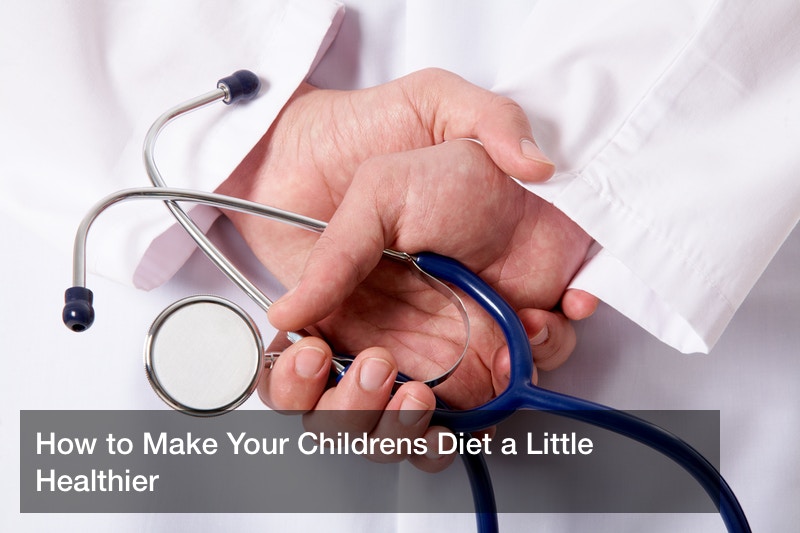
 A recent study found that up to six cups of coffee a day is linked to heart health. The analysis in The BMJ found that consumption of coffee is associated with a variety of health outcomes.
A recent study found that up to six cups of coffee a day is linked to heart health. The analysis in The BMJ found that consumption of coffee is associated with a variety of health outcomes.
While coffee can help reduce the risk of diseases like diabetes and Alzheimer’s, researchers point out that this is only if consumers don’t pair their coffee with sugary snacks. Sugar is still linked to many different health risks.
“Our research is about coffee,” wrote study author Robin Poole in his own rundown of the research. “It’s not about sugar, syrups, biscuits, cakes, and pastries. Standard health messages still apply to those types of food. In other words, if you already drink coffee, enjoy it, but try to make it as healthy as possible.”
The University of Southampton study looked back over numerous studies, allowing researchers to provide a deep look into the relationship between coffee and health.
The largest finding from the study was that three or four cups of coffee per day was linked to the greatest benefits. This amount of coffee was linked to a reduced risk of dying from any cause as well as developing heart disease. This is good news for the 54% of Americans over the age of 18 who consume coffee each day.
Additional benefits discovered by the study were a reduced risk of type 2 diabetes, metabolic syndrome, gout, kidney stones, and multiple types of cancer. Furthermore, a reduced risk for depression and Parkinson’s disease was a benefit as well.
The study confirmed pregnant women and those who have an increased risk of bone fracture are among those who should not drink coffee.
However, it is important to note that this new research is based on observational studies. This means that while they could find correlations, it’s not to say that coffee directly caused the health benefits found. But the research team suggest that coffee is safe enough to be tested in a true study to test if there are direct health benefits from drinking a certain amount of coffee.
A number of studies do suggest the coffee’s benefits far outweigh its risk. In fact, a single cup of coffee contains essential nutrients like Vitamin B12, Vitamin B5, Potassium, Niacin, Manganese, and Magnesium, which is responsible for over 300 enzyme processes in the human body.
Coffee was once considered a potential carcinogen, but that is no longer a large concern due to lack of strong evidence. However, drinking very hot beverages, like coffee or tea, could pose a risk for esophageal cancer.



